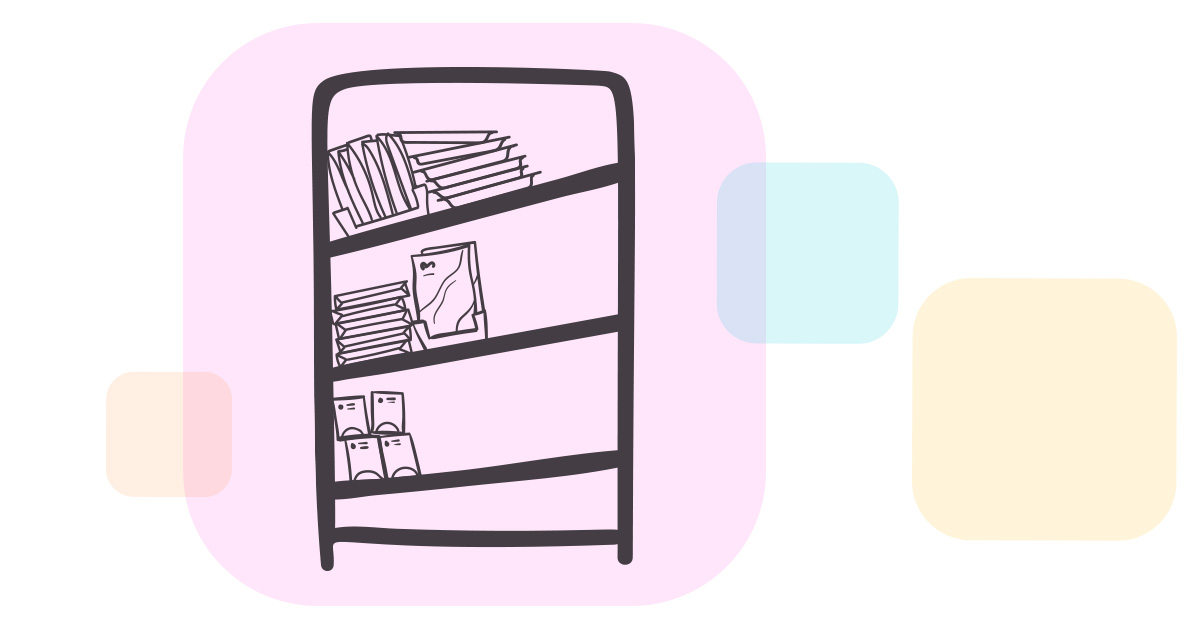
Supply shortages are frustrating. Budget cutbacks are frustrating. Long hours are frustrating. But all of those things are expected.
Continue Reading

Supply shortages are frustrating. Budget cutbacks are frustrating. Long hours are frustrating. But all of those things are expected.
Continue ReadingTopics: newsletter, five to save, healthcare inventory, shortages, government, coronavirus, ppe, covid-19, mental health, hospital logistics, medical supply chain tracking software, gloves, supply chain innovation, never events, public healthcare policy, medical supply transparency, medical supply shortages, hospital regulations

We've spent the last month focusing on the big-picture issues, but the news waits for no man (or cat... or pig).
Continue ReadingTopics: selling medical inventory, supply chain management, five to save, disruption, healthcare inventory, government, buying medical supplies, failure, hospital supply chain, coronavirus, ppe, covid-19, sourcing, medical supply chain tracking software, manufacturing, gloves, warehouse management

What if you looked into a box, expecting to find a housecat, but you find a bobcat? It sounds insane, but we promise that somehow helps explain healthcare inventory optimization.
Continue ReadingTopics: reallocation, Z5 Reallocate, supply chain management, healthcare inventory, ppe, hospital logistics, contracting, medical supply chain tracking software, medical supply chain jobs, materials management, inventory optimization, jobs, ongoing optimization, schrödinger's cat, rebalancing inventory, catheters
Topics: selling medical inventory, supply chain management, disruption, healthcare inventory, buying medical supplies, hospital supply chain, ppe, hospital logistics, perpetual, medical supply procurement, consignment, schrödinger's cat, quantum mechanics, rebalancing inventory, warehouse management, periodic inventory, par inventory

Short staffing. Short supply levels. Long transit times. If healthcare providers keep treating these issues as temporary, their consequences will only last longer and recur more frequently.
Continue ReadingTopics: selling medical inventory, inventory management software, disruption, natural disasters, supplier relationships, buying medical supplies, shipping, coronavirus, ppe, covid-19, hospital logistics, materials management, manufacturing, medical supply procurement, pharmacy inventory, hospital pharmacies

Whether you're in an area where things are staring to look up or have never looked grimmer, we did actually find some tools to help you deal with the current (and any future) disaster.
Continue ReadingTopics: selling medical inventory, healthcare, reallocation, cybersecurity, artificial intelligence, crime in healthcare, buying medical supplies, coronavirus, ppe, covid-19, hospital logistics, healthcare supply chain, loss and expiration avoidance, predictive analytics, medical devices, pharmacy inventory
Topics: reallocation, supply chain management, savings, hiring, burnout, ppe, mental health, hospital logistics, vaccines, healthcare supply chain, medical supply chain jobs, nursing, human resources, staffing

2021 probably hasn't turned out to be quite the year we all hoped it would, but you're probably thankful for the successes you were able to squeeze out of it - just like we are!
Continue ReadingTopics: selling medical inventory, reallocation, supply chain management, holidays, top 5 list, buying medical supplies, ppe, hospital logistics, healthcare supply chain, 2021, medical supply procurement, risk management, loss and expiration avoidance, risk analysis, risk assessment, gartner, thanksgiving

You feel like the supply chain has huge gaps and healthcare's infrastructure is deteriorating. And you're right. And - in more ways than one - you're not alone.
Continue ReadingTopics: selling medical inventory, five to save, disruption, crime in healthcare, coronavirus, ppe, covid-19, vaccines, healthcare supply chain, management of hospital inventory, results, masks, gloves

Supply shortages and vaccine mandates are making healthcare employees feel unsafe. If they leave their jobs - and possibly the healthcare field overall - their hospitals will be even more strapped for resources, and their communities will be more unsafe.
Continue ReadingTopics: selling medical inventory, supply chain management, five to save, communication, shortages, buying medical supplies, labor, expiration, coronavirus, ppe, covid-19, vaccines, medical supply chain tracking software, collaboration, loss and expiration avoidance
